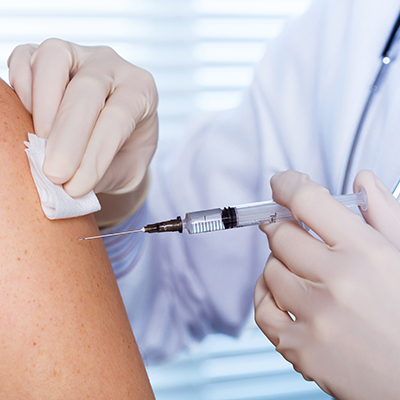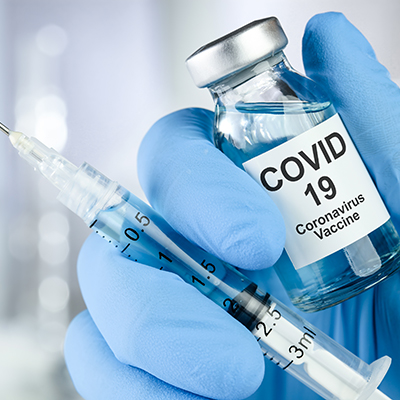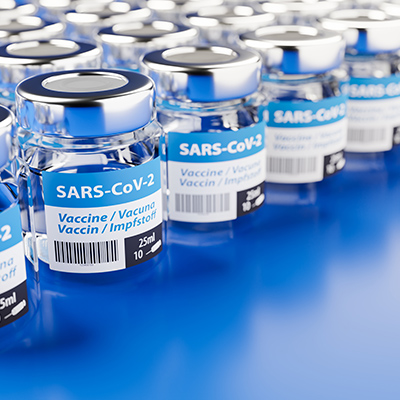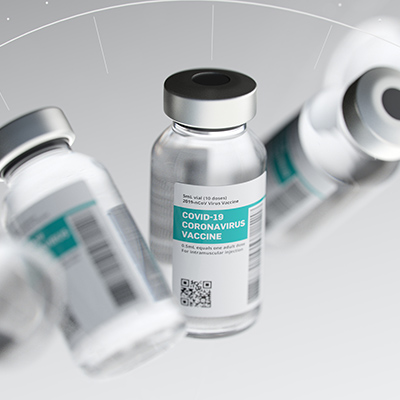January 20, 2023 -- Researchers have found low adherence to the Centers for Disease Control and Prevention's mRNA monovalent COVID-19 booster recommendations among immunocompromised individuals.
The study, which was published on January 20 in JAMA Network Open, highlights the need for targeted efforts to ensure that vulnerable immunocompromised individuals remain up to date on recommended COVID-19 boosters.
Since immunocompromised individuals often have weaker immune responses to vaccines and higher rates of vaccine failure, they are at a greater risk of contracting severe COVID-19. In addition, vaccination guidelines change often, leading to confusion over the recommendations.
The cohort study, which was designed to evaluate the uptake of mRNA monovalent COVID-19 vaccines in immunocompromised individuals, used the Kaiser Permanente Southern California (KPSC) database, which includes more than 4.7 million individuals with significant socioeconomic, racial, and ethnic diversity. Participants were immunocompromised adults ages 18 years and older with at least a year of health plan membership. Immunocompromised was defined as a participant having an immunocompromising condition for one year prior to the study's start date or individuals who were receiving immunosuppressants as of the study's start date.
COVID-19 vaccines were available at no cost. Electronic health records showed those who had received a COVID-19 vaccination from a KPSC site and those that were recorded in the California Immunization Registry if the vaccination was administered outside KPSC. Only vaccines received after the study began were counted. Of the 42,697 participants, 44% were age 65 years and older, and 47% were women. A total of 41.9% self-identified as white, 33.5% as Hispanic, 12.1% as Black, and 10.1% as Asian or Pacific Islander. Unvaccinated individuals comprised 10.6% of the population.
A total of 61.6% of the study's participants had received three or fewer doses, and 37.5% received four doses of the mRNA monovalent vaccine by the end of the study. Only 0.9% had received the then-recommended five doses. A total of 47.3% of participants who had received a third dose at least three months before the end of the study had received a fourth dose. And only 3% of the participants who had received a fourth dose at least four months before the end of the study had received a fifth dose.
Adults ages 65 years and older were more likely to have received a fourth dose compared with adults ages 18 to 44 years old and those ages 45 to 64 years old. Participants were less likely to receive at least four doses if they were younger, Black, Hispanic, had a prior COVID-19 diagnosis, or received high doses of corticosteroids. Participants were more likely to receive a fourth dose if they had previously received an organ transplant, had congenital immunodeficiency or HIV/AIDS, or were receiving chemotherapy.
The researchers concluded that there was a gap between mRNA COVID-19 booster dose recommendations and adherence in immunocompromised participants.
In addition, "Given the vulnerability of this population to develop severe COVID-19, a renewed focus on targeted and tailored efforts to ensure that immunocompromised individuals remain up to date with continuously evolving COVID-19 booster dose recommendations is warranted at this stage of the pandemic," the authors added.
Copyright © 2023 scienceboard.net











